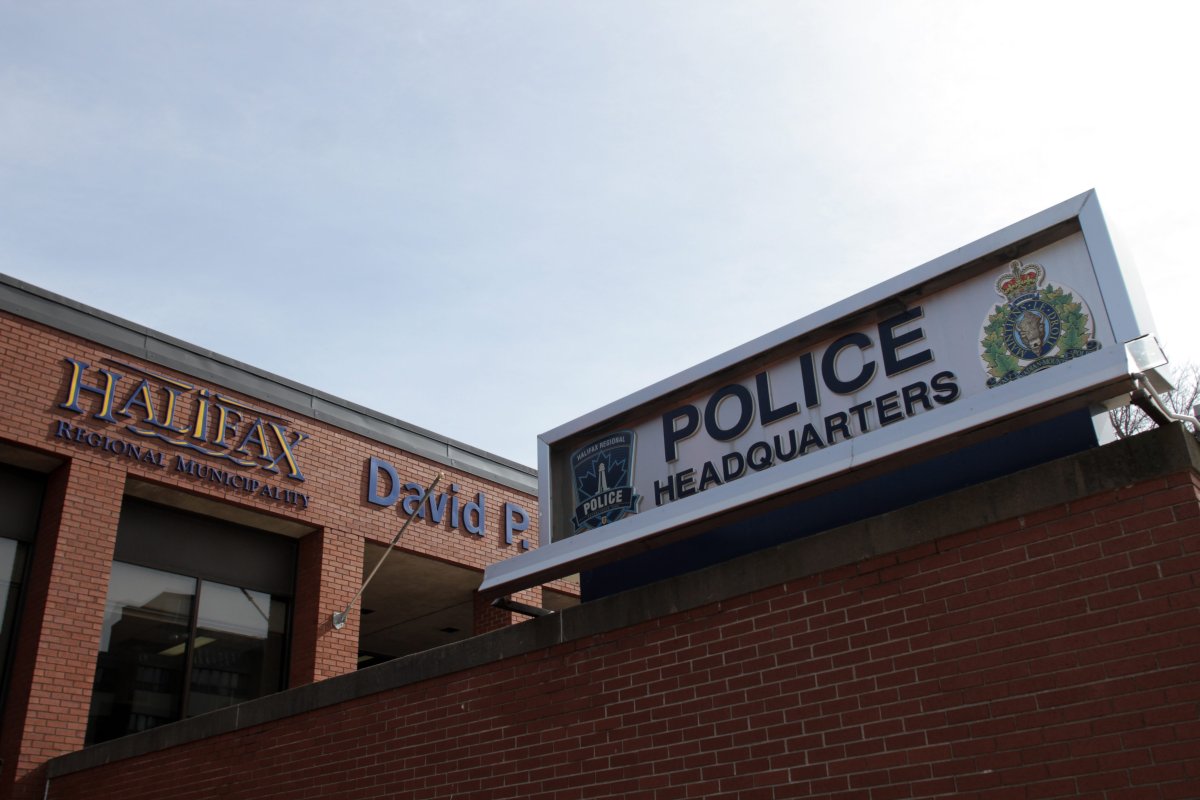A 35-year-old Halifax man has been ticketed $1,000 for failing to provide safe social distancing to others at a bus shelter.

Halifax Regional Police say the ticket was issued at around 5:45 on Wednesday at the bus shelter on Duke Street.
READ MORE: Man attending Shubie Park ticketed $697.50 by Halifax police
Police say the man was ticketed for failing to comply with regulations under the Health Protection Act.
This is the first ticket Halifax Regional Police have issued in relation to social distancing since the province declared a state of emergency on March 22.

They have issued six others in relation to people being in prohibited areas.
On Monday, police handed a 57-year-old man a ticket after he was spotted at Shubie Park in Dartmouth.

Get weekly health news
READ MORE: Halifax police seize vehicle, issue ticket to woman violating COVID-19 emergency order
The day before, Halifax Regional Police seized a 44-year-old woman’s vehicle and ticketed her for attending Point Pleasant Park.
- After controversial directive, Quebec now says anglophones have right to English health services
- Something’s fishy: 1 in 5 seafood products are mislabelled, study finds
- Why non-alcoholic beer is gaining steam at Oktoberfest: ‘Nobody will judge you’
- Recall expands for Nutrabolics vegan bars over undeclared milk
HRP are reminding residents to educate themselves on the restrictions under the act and to be mindful of the “unprecedented COVID-19 crisis we are facing as a community.”
Police say they will be releasing updates each Monday and Friday to the public and media in relation to violations under the Nova Scotia Emergency Management Act and Health Protection Act related to COVID-19.
Questions about COVID-19? Here are some things you need to know:
Health officials caution against all international travel. Returning travellers are legally obligated to self-isolate for 14 days, beginning March 26, in case they develop symptoms and to prevent spreading the virus to others. Some provinces and territories have also implemented additional recommendations or enforcement measures to ensure those returning to the area self-isolate.
Symptoms can include fever, cough and difficulty breathing — very similar to a cold or flu. Some people can develop a more severe illness. People most at risk of this include older adults and people with severe chronic medical conditions like heart, lung or kidney disease. If you develop symptoms, contact public health authorities.
To prevent the virus from spreading, experts recommend frequent handwashing and coughing into your sleeve. They also recommend minimizing contact with others, staying home as much as possible and maintaining a distance of two metres from other people if you go out.
For full COVID-19 coverage from Global News, click here.









Comments